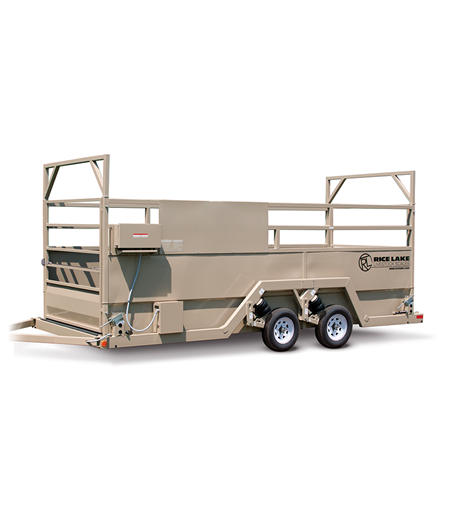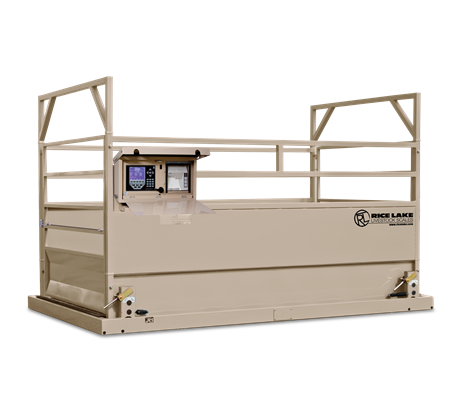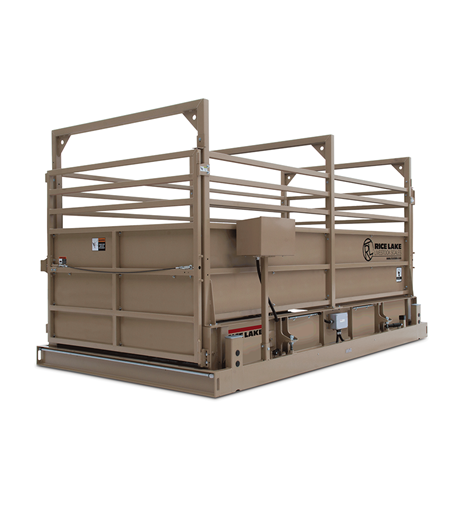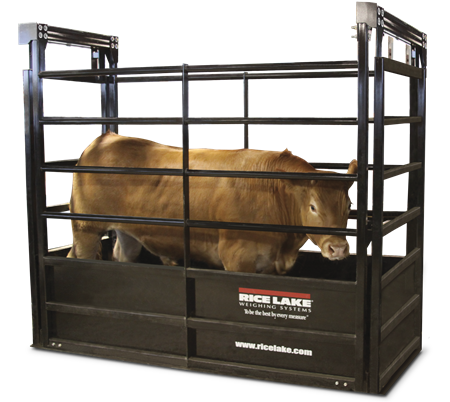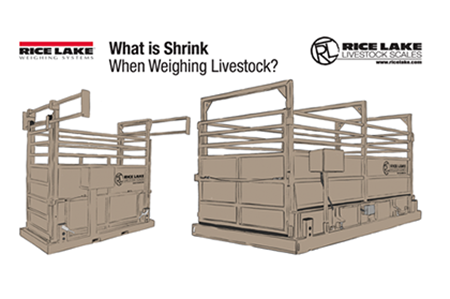Is the website displaying in the correct language? Please confirm or select a different language.
Your region has been set automatically. Please confirm or select a different region.
5 Factors to Consider when Purchasing a Livestock Scale
Ranchers have many different needs depending on the farm and livestock being weighed. There’s a lot to consider, so it’s important to know what factors to prioritize.
What to Consider When Purchasing a Livestock Scale
Weighing livestock is essential for ranchers, and there are many different scales to suit application needs. Whether you are selling hogs, cattle or other livestock, it’s hard to identify what scale is the right choice. Here are some common features to consider when deciding on the proper scale.
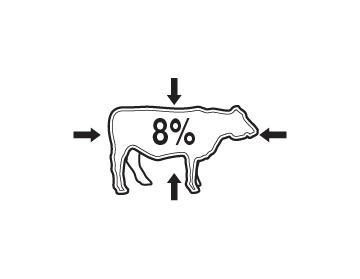
1. Margin of Shrink
Selling livestock means dealing with shrinkage. Animals can rapidly lose weight during transport or stressful situations. Ranchers have to consider factors such as distance and weather, and even then, shrinkage occurs at a 7-8% rate when livestock is transported to an offsite scale.
For ranchers selling livestock, the ability to bring scales to livestock and reduce shrinkage can make a huge difference in profits.
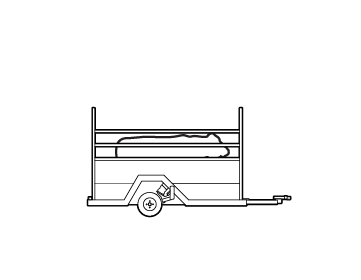
2. Mobile Livestock Scales
Ranchers can choose from mobile, portable or stationary scales. Depending on application needs, any of these scales could be right for you.
A mobile livestock scale is designed with wheels so it can be transported to livestock by simply attaching it to a vehicle hitch. Portable livestock scales don’t have wheels but can be loaded on a trailer for transport. Lastly, stationary livestock scales are usually permanently installed on a concrete platform for weighing animals at a central location.

3. Livestock Scale Size
Livestock scales vary in size and design. Most scales weigh animals as a group for larger ranches or one at a time for smaller farms. Single animal scales can be especially helpful for medical evaluations. Consider the volume of livestock being weighed and any specific weighing requirements to determine the scale size needed.
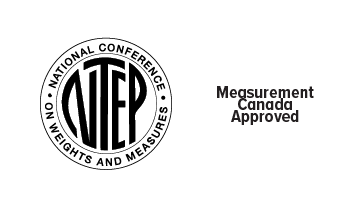
4. Certifications and Regulations
When managing livestock, it’s important to know what certifications are needed. To legally sell livestock based on weight, the scale must be Legal for Trade, meaning it needs a National Type Evaluation Program (NTEP) Certification or Measurement Canada Approval. If a scale is only being used to monitor the health of the livestock, then Legal for Trade certification may not be needed.
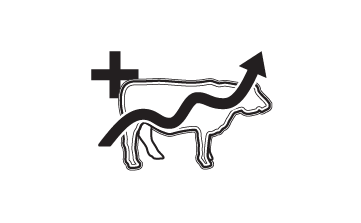
5. Animal Welfare
On-site scales are beneficial for the general welfare of livestock. Convenient scales can assist ranchers in monitoring abnormalities in weight, properly dosing medication and planning feeding. When an animal is sick, ranchers can easily watch weight and report accurate results to veterinarians.
Rice Lake Weighing Systems’ Livestock Scales
Rice Lake offers mobile, portable and stationary livestock scales. These are durable solutions designed to withstand tough ranch environments. Calculate your future savings with Rice Lake’s livestock shrink calculator or talk with an expert today at 800-472-6703.



 My Account
My Account
